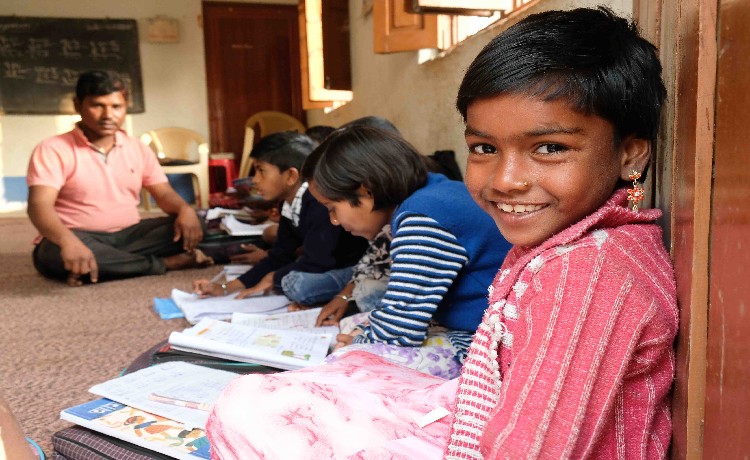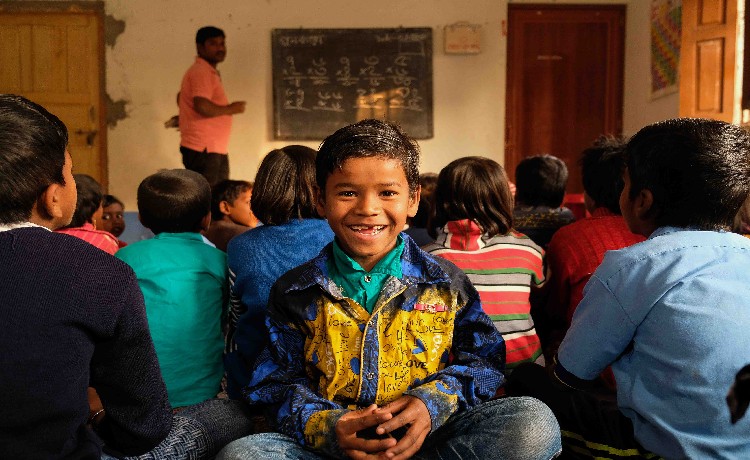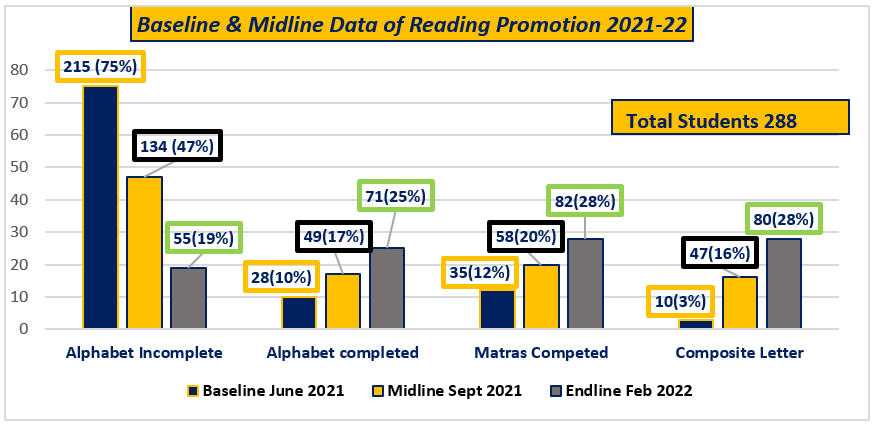We are only just now beginning to understand the magnitude of the impact of the pandemic and subsequent closure of schools in India, on our children, with stark learning losses, increases in mental health and behavioral issues, and spikes in school dropout rates.
This has been corroborated in the latest Annual Status of Education Report, which highlights significant regression in core areas like reading and mathematics skills of students.
- Children’s basic reading ability dropped to pre 2012 levels
- Percentage of children in Class III in Government or private schools who could read at Class II level dropped from 27.3% in 2018 to 20.5% in 2022;
- Class V students who can at least read a Class II level text fell from 50.5% in 2018 to 42.8%;
- Nationally, 69.6% of Class VIII students can read at least basic text, falling from 73% in 2018.
- Students in Class III who are able to do subtraction dropped from 28.2% in 2018 to 25.9% in 2022.
- Class V students who can do division fell from 27.9% in 2018 to 25.6% in 2022.
To overcome this problem, Ambuja Foundation developed and piloted in one geography a Teaching at Right Level (TaRL) which enables children to acquire foundational skills, like reading and arithmetic quickly. Regardless of age or grade, teaching starts at the current level of the child.
The TaRL method was designed targeting children who have reached Standard II - V, but who have still not acquired basic skills. The focus is on helping children with basic reading, understanding and expression, as well as arithmetic skills – all of which provide the foundational building blocks that help a child to move forward on their learning journey. Studies have shown that once acquired, these capabilities endure over time.
To achieve this, Ambuja Foundation set up 6 new TaRL Centers in the villages of Bhendavi, Sonapur, Saleguda, Lainguda, Mangi Budrak and Dhankdevi in Chadrapur, Maharashtra in late 2020. The TaRL Centres provide access to reading books and engage children in a variety of language building processes. Through these centres, Ambuja Foundation builds and improves the reading, writing and speaking skills of children through various activities such as storytelling, reading aloud, educational games and sharing new information.
8 trained volunteers called ‘Pustak Pari's the program and take 3 hours daily classes on a regular basis. Volunteers maintain library records, and teach children using the aids provided and facilitate them for book exchange. The trial programme reached out to over 378 children.
This pilot program showed good results in tribal villages like Dhanakdevi and Assapur, where previously children were unable to read Marathi language as their mother tongue is Gondi. After this pilot, students were able to recognize the alphabets of Marathi and read small words in a step wise manner.
An assessment test to check the reading levels of students was designed by Door Step School and is used as a base for the reading sessions – assessing children across 4 levels: from foundation level to intermediate.
Having conducted baseline, midline and endline assessments, comparative data showcased that an overall 25% students could read composite letters, compared to only 3% in the beginning. Additionally, 75% students who were in ‘alphabet incomplete’ category progressed to other levels within just 6months, with just 19% students still in Alphabet incomplete category because of their inadequate attendance. Students’ regularity in session played a crucial role in achieving these learning levels, with 80% of the children attending classes regularly.
Expansion of program in 2023
To provide further support, Ambuja Foundation also ensures the availability of age specific books at school level by establishing Libraries, Library Corners, and Model Libraries. Additionally, to engage villagers in this movement, Chandrapur has started the concept of a Community Library/Open Library in 5 villages.
And to provide innovative ways of engaging students, Ambuja Foundation conducts reading aloud, poem recitation, storytelling, and pustak langar (book exhibition) by involving parents, SMC members and community members in this program.
With the success of this program, Ambuja Foundation has expanded the program from Chandrapur to Darlaghat, Bhatapara, Bhatinda and Ambujanagar in 2023 and presently 165 schools are covered – reaching out to 35,607 students.
Authored by Shubhangi Sohoni, Senior Manager - Monitoring and Education





